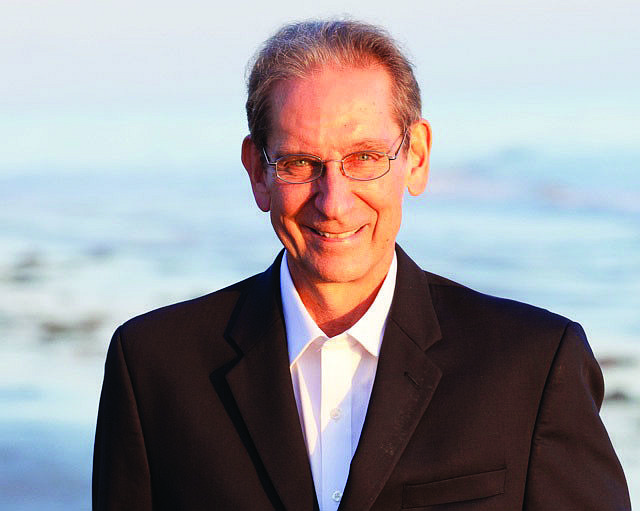- April 24, 2024
-
-
Loading

Loading

Do you feel not just stronger but smarter after you exercise? If so, it is neither your imagination nor a byproduct of endorphin euphoria. There is a growing body of evidence that exercise benefits cognition just as it benefits condition — that it is good for your mind just like it’s good for your body. Dr. John Ratey, professor of psychiatry at Harvard Medical School, will speak on “How Exercise Optimizes Brain Function and Performance” next week in Sarasota.
Ratey’s thinking originated in his days as a resident when he began to see patients who for one reason or another had to give up running the Boston Marathon or some other daily exercise routine. They became depressed and reported they could no longer plan well or pay attention. These were professors and leaders, and Ratey came to understand that they had been self-medicating with their running. Forced to give it up, depression and attention deficit symptoms reappeared.
Since the time of Hippocrates, medicine has observed that exercise is good for depression. What is expanding is the understanding of how it works and that it not only corrects problems but also creates advantages. Ratey cites a Duke University study of three groups of patients. One received the antidepressant Zoloft; another exercised four times a week for 30 minutes; and a third had both medication and exercise. At four weeks, the depressive scores of all three groups had dropped to the same level, and at four months, the changes had remained.
Naperville, Ill., did a study of 19,000 students in a fitness-based program and reported that only 3% of its kids were overweight versus a national average of 33%. A study of problem students connected an exercise program in an inner-city school with an 83% decline in discipline problems. This learning led Ratey to write his most recent book, “Spark: The Revolutionary New Science of Exercise and the Brain.”
What scientists are discovering is that exercise causes brain cells to become more active and boosts the production of a protein called brain-derived neurotrophic factor, or BDNF. Ratey calls it “Miracle-Gro for the brain.” One of its effects is to fortify brain cells and prevent them from breaking down when exposed to stress. Working out pumps more blood to the brain and better nourishes the brain cells so they produce more BDNF.
Although Ratey’s book focuses on the implications of this science for educating children, the ideas are equally if not more compelling and relevant for older adults. We know that loss of brain cells is responsible for loss of memory and attentiveness. Previous thinking was that loss was irreversible and permanent. But evidence that exercise can lead to an increase in BDNF production suggests otherwise. Higher BDNF levels support the preservation of brain cells and the production of new ones. And the effect is lasting as long as the exercise continues.
“These new neurons will stick around for years,” Ratey says, but “to maintain the effects, you have to keep working out.”
What kind of exercise is most productive? Cardio workouts appear to give the biggest boost to BDNF production. There is also research that suggests that yoga and strength training can be helpful.
“Exercise is one of the best ways to prevent the onset of cognitive decline and Alzheimer’s disease,” Ratey says. (The jury is still out on that point; the National Institute on Aging of the National Institutes of Health says: “So far, studies have not demonstrated that, over the long term, health or lifestyle factors can prevent or slow Alzheimer’s disease or age-related cognitive decline.”)
Ratey appears in Sarasota on a program of the Gulf Coast CEO Forum, an organization of chief executive officers from entities with at least 10 employees and annual revenues exceeding $1.5 million. The forum opens a few events a year to the public to share some of the speakers it brings in from all over the country. Executive Director Kim Miele tapped a personal connection to book Ratey, with whom she worked at Harvard Medical School.
Ratey clearly believes that exercise is a miracle drug for the brain.
“It turns on the attention system, turns on the motivation system, turns on the memory system as well as it makes our little brain cells ready to grow and sprout,” he says.
His presentation takes place at 7:15 a.m. Wednesday, Nov. 13, at The Francis, 1262 N. Palm Ave., Sarasota. Admission is $50; reserve online via www.gulfcoastceoforum.com or contact Kim Miele at 941-932-2671.
Molly Schechter is an ACE-certified personal trainer with a specialty in older-adult fitness plus YogaFit Instructor Training, SCF Yoga Fundamentals I and II and Power Pilates™ Mat Certifications. She teaches classes at the Bayfront Park Recreation Center and the Longboat Key Club. Email her at [email protected].